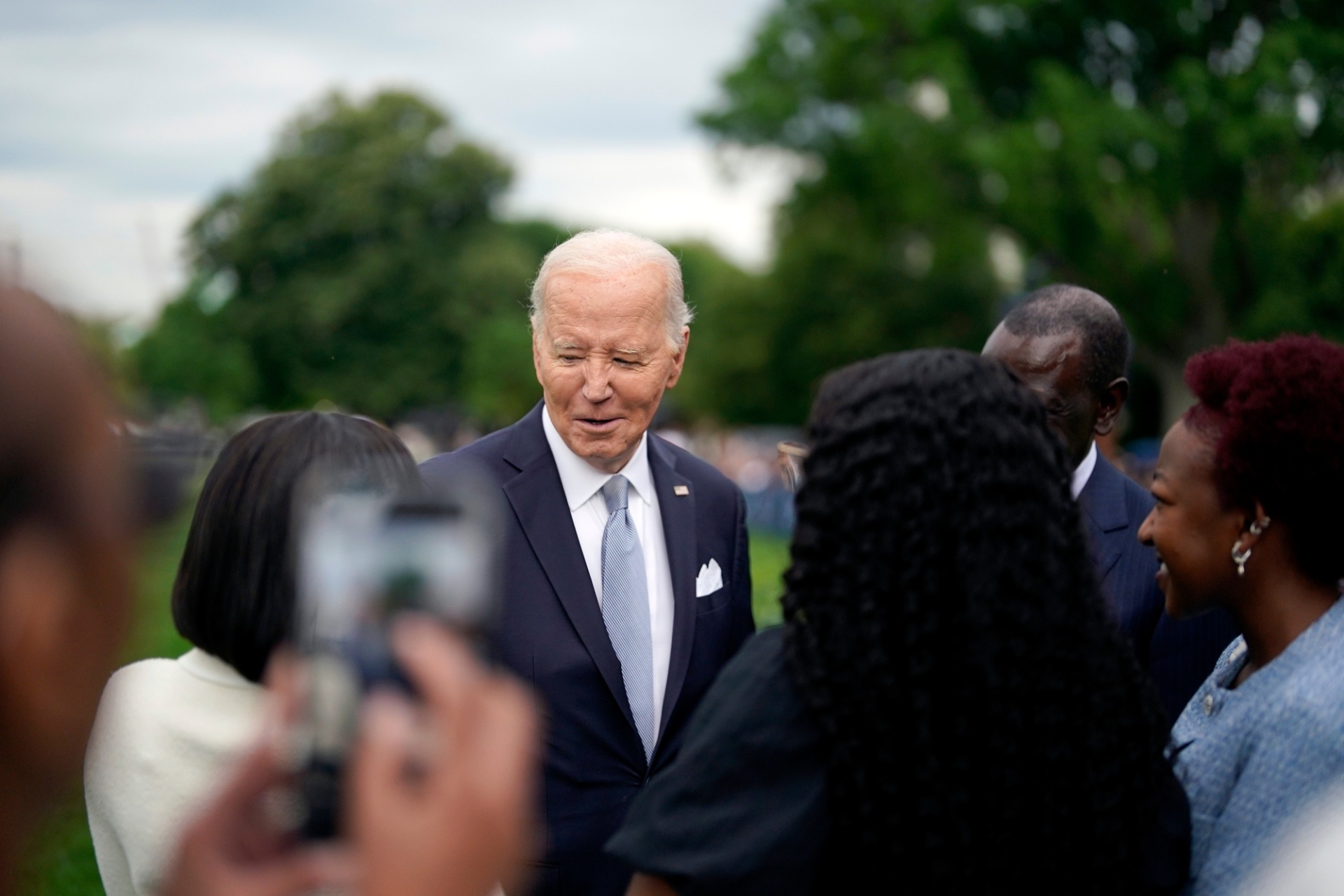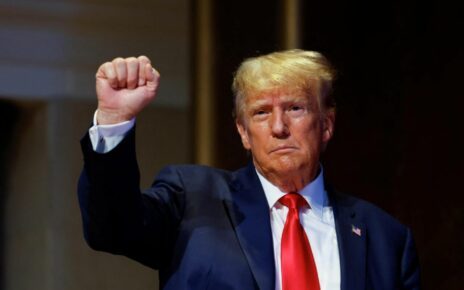Ohio Governor Mike DeWine signed a pivotal bill on Sunday to guarantee President Joe Biden’s inclusion on the state’s November ballot. This decision concludes a period marked by intense political maneuvering over a deadline traditionally extended without controversy. The bill swiftly passed through a special session of the state Senate on Friday before landing on DeWine’s desk.
Governor’s Special Session
Governor DeWine, a Republican, initiated the special session not only to resolve Biden’s ballot issue but also to address unrelated campaign finance legislation. State Senator Rob McColley, a Republican, emphasized the importance of voter choice, stating, “I don’t think anybody on this side of the aisle feels like they’re going to be voting for President Biden, but at the same time, Ohioans deserve a choice in this election.”
Democrats’ Preemptive Move
Despite the bill’s approval, the Democratic National Committee (DNC) continues to push forward with plans to nominate Biden via a virtual roll call vote before the late August convention. Announced earlier this week, this strategy aims to circumvent the unpredictable partisan conflict and ensure Biden’s nomination by Ohio’s August 7 deadline. The DNC’s rules and bylaws committee plans to advance the resolution for the virtual roll call, followed by a full DNC vote.
Partisan Games and Democratic Defense
Hannah Muldavin, a senior spokesperson for the DNC, criticized Ohio Republicans, stating, “Since the beginning of this process, Ohio Republicans have been playing partisan games and trying to chip away at our democracy, while Democrats have been defending Ohioans’ right to vote.” She affirmed that Biden will appear on the ballot in all 50 states, regardless of GOP tactics.
Deadline Easing in Previous Elections
In previous election cycles, both parties adjusted late summer nominating conventions with earlier state deadlines without much fanfare. Ohio, for instance, adjusted the deadline four years ago for both parties smoothly. This year, however, the issue only affects Democrats in Ohio, as the GOP planned a mid-July convention.
Warnings and Conditions from GOP Leaders
Ohio Secretary of State Frank LaRose, a Republican, cautioned Democrats that Biden risked not qualifying for the ballot. GOP lawmakers conditioned their support for moving the deadline on a vote to ban non-U.S. citizens from donating to state ballot initiative campaigns. DeWine’s call for the special session included these topics.
Democratic Opposition
Democrats criticized the restrictions on foreign money and other elements of the legislation as an unnecessary “poison pill” that would hinder citizen-led petition drives. Last year, Ohio voters codified abortion rights in the state constitution, and progressives are now backing a redistricting reform measure for the November ballot.
Internal GOP Politics
Despite holding supermajorities in the state House and Senate, GOP leaders struggled to align on the legislation, reflecting internal political turmoil within the Ohio Statehouse. This uncertainty frustrated Democrats and led Biden and the DNC to proceed with the virtual roll call plan.
Final Approval and Temporary Fix
Ultimately, the state House and Senate passed both the campaign finance legislation and the Biden-related bill in separate measures. DeWine signed both bills on Sunday. State Representative Dontavius Jarrells, a Democrat, expressed frustration over the temporary nature of the fix and the political maneuvering that necessitated the special session.
Future Implications
Democrats’ attempts to make the deadline extension permanent were tabled. Republican lawmakers expressed openness to a permanent solution but emphasized the need for input from state and local election officials. State Representative Bob Peterson, a Republican, noted the importance of understanding the reasons behind existing time frames to ensure effective election administration.
Governor DeWine’s signing of the bill ensures Biden’s place on Ohio’s ballot, but the political drama and legislative tricks that led to this moment underscore the ongoing challenges in Ohio’s electoral process. The debate continues how to permanently resolve these issues and prevent future electoral uncertainties.





